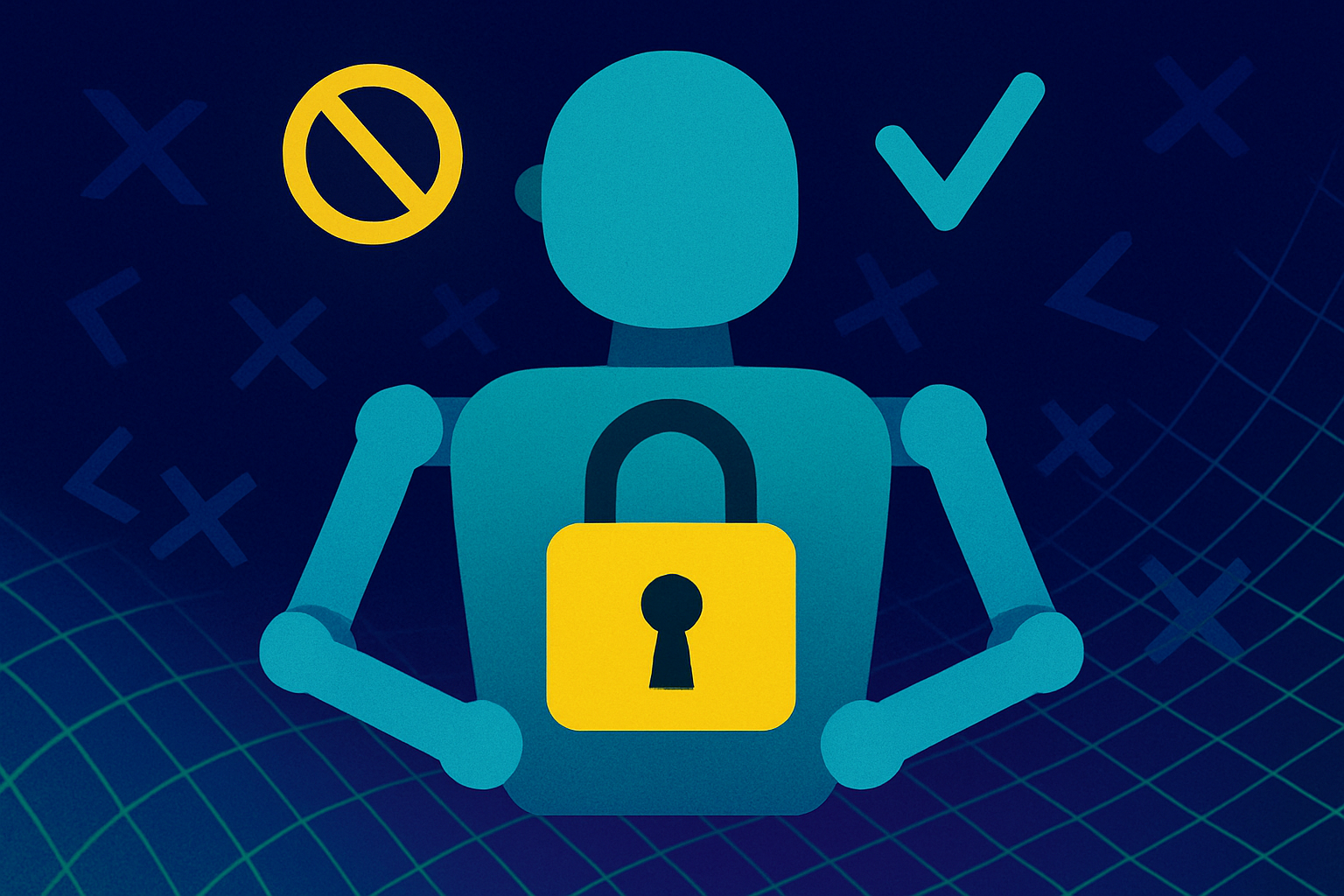New York may soon require AI giants to publish safety protocols before releasing LLMs

New York is set to introduce one of the first laws regulating advanced AI models in the United States. The Responsible AI Safety and Education (RAISE) Act, which has already passed the state Senate, now awaits a decision from Governor Kathy Hochul. The bill would only become law once signed by the governor.
If enacted, the law would require major AI developers like OpenAI, Google, and Anthropic to implement strict safety measures aimed at minimizing the risks posed by so-called "frontier AI" models. These powerful systems could only be made publicly available in New York if developers publish safety protocols and risk assessments. The law would also mandate the reporting of serious incidents, such as model theft or dangerous AI behavior. Civil penalties for violations could reach up to $30 million.
Focus on big AI players
Democratic Senator Andrew Gounardes, one of the bill's sponsors, emphasized that the law targets only large companies that spend more than $100 million on model training. Startups and academic institutions would be exempt. The goal, Gounardes told TechCrunch, is to balance safety and innovation: "The window to put guardrails in place is closing fast," he said.
Together with Assemblymember Alex Bores, Gounardes designed the bill to avoid missteps made by earlier efforts - especially California's failed SB 1047 bill. The RAISE Act does not require mandatory kill switches or hold companies liable for models that are later modified.
Pushback from the tech industry
Despite these limitations, the proposal has drawn criticism from Silicon Valley. Andreessen Horowitz partner Anjney Midha called the bill "dumb" on X, warning it could put the U.S. at a competitive disadvantage. Jack Clark, co-founder of Anthropic, also voiced concerns about the potential impact on smaller companies. Gounardes rejected these arguments, stressing that the bill is deliberately targeted only at the largest players.
Major tech companies like OpenAI, Google, and Meta have so far not commented publicly on the bill. Some critics warn that companies may choose not to offer their models in New York at all. Bores considers this unlikely, noting that New York is the third-largest economy in the U.S. and pulling out would make little economic sense.
Federal ban could loom
A few weeks ago, the U.S. House of Representatives passed a legislative package that would impose a ten-year ban on state-level AI regulations. If the so-called "One Big, Beautiful" bill passes the Senate as well, laws like the RAISE Act would be blocked in the future. Supporters of the moratorium, including major tech companies and free-market think tanks, argue that unified federal rules are necessary. Critics, on the other hand, warn this could gut consumer protections and tilt the playing field in favor of industry interests.
AI News Without the Hype – Curated by Humans
As a THE DECODER subscriber, you get ad-free reading, our weekly AI newsletter, the exclusive "AI Radar" Frontier Report 6× per year, access to comments, and our complete archive.
Subscribe nowAI news without the hype
Curated by humans.
- Over 20 percent launch discount.
- Read without distractions – no Google ads.
- Access to comments and community discussions.
- Weekly AI newsletter.
- 6 times a year: “AI Radar” – deep dives on key AI topics.
- Up to 25 % off on KI Pro online events.
- Access to our full ten-year archive.
- Get the latest AI news from The Decoder.